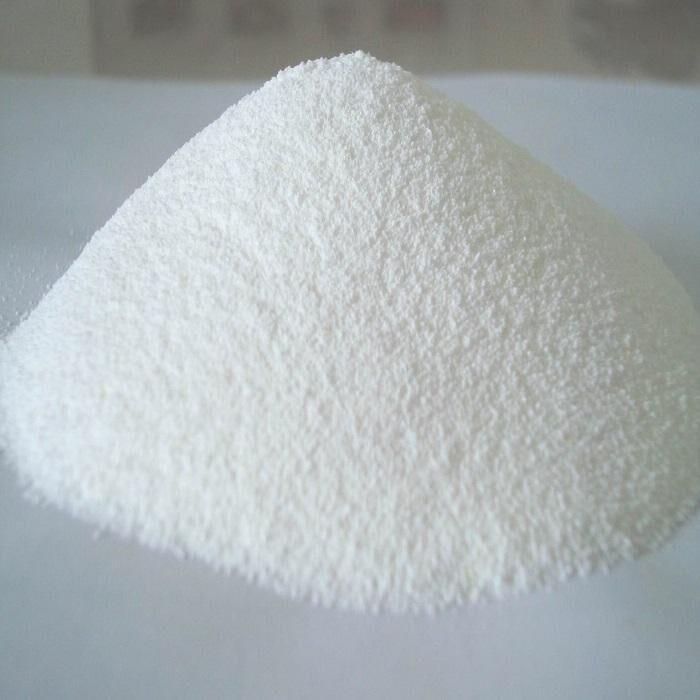Get more insights on Furandicarboxylic Acid
Green Chemistry's Vanguard: Exploring the Global Furandicarboxylic Acid

In the quest for sustainable alternatives to traditional petrochemicals, furandicarboxylic acid (FDCA) has emerged as a frontrunner in the field of green chemistry. Derived from renewable biomass sources such as sugar, FDCA offers a promising solution for reducing dependence on fossil fuels and mitigating environmental impact. With its diverse applications across various industries, FDCA is driving innovation and reshaping the landscape of green chemistry on a global scale.
A Renewable Alternative to Petrochemicals
FDCA is a dicarboxylic acid that can be produced from biomass-derived sugars through a series of chemical reactions. Unlike its petrochemical counterparts, which are derived from finite fossil fuel resources, FDCA is derived from renewable sources such as sugarcane, corn stover, and lignocellulosic biomass. This sustainable approach reduces greenhouse gas emissions, minimizes dependence on non-renewable resources, and promotes environmental sustainability.
Versatile Applications Across Industries
One of the key advantages of Furandicarboxylic Acid is its versatility and wide-ranging applications across various industries. In the polymer industry, FDCA serves as a key building block for the production of biodegradable and renewable polymers, such as polyethylene furanoate (PEF) and polytrimethylene furandicarboxylate (PTF). These FDCA-based polymers offer superior mechanical properties, barrier properties, and thermal stability compared to their petroleum-based counterparts, making them ideal for applications in packaging, textiles, and automotive components.
In the packaging industry, PEF films and bottles are gaining traction as sustainable alternatives to traditional PET (polyethylene terephthalate) packaging. PEF offers excellent barrier properties against oxygen, carbon dioxide, and moisture, making it suitable for packaging applications that require extended shelf life and product protection. Additionally, PEF is fully recyclable and can be processed using existing PET recycling infrastructure, further enhancing its environmental credentials.
In the automotive industry, FDCA-based polymers are being explored as lightweight materials for vehicle components, reducing fuel consumption and carbon emissions. PTF-based polymers, in particular, offer excellent mechanical properties, heat resistance, and chemical resistance, making them suitable for applications such as automotive interiors, exterior panels, and under-the-hood components.
Beyond the polymer industry, FDCA has applications in the production of specialty chemicals, pharmaceutical intermediates, and renewable fuels. FDCA-derived chemicals such as furan dicarboxylic acid diethyl ester (FDME) and furan-2,5-dicarboxylic acid dimethyl ester (FDMM) serve as precursors for a variety of high-value chemicals and materials, including resins, coatings, and surfactants.
- Art
- Causes
- Crafts
- Dance
- Drinks
- Film
- Fitness
- Food
- Jogos
- Gardening
- Health
- Início
- Literature
- Music
- Networking
- Outro
- Party
- Religion
- Shopping
- Sports
- Theater
- Wellness
- IT, Cloud, Software and Technology


